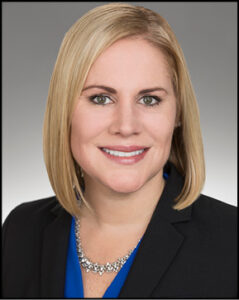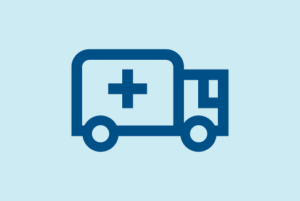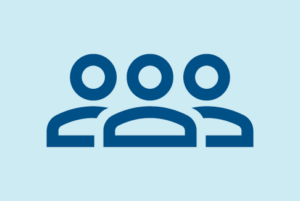As reported in CHA News last month, the Centers for Medicare & Medicaid Services approved the supplemental fee-for-service payments and overall tax structure of the 2017-19 hospital fee program. CHA is working with the Department of Health Care Services (DHCS) to update the draft model so hospital-specific implementation schedules can be distributed by the end of this month. DHCS expects the first round of invoices will be sent to hospitals within the next month, with a due date in late February. As soon as the exact timing is finalized, CHA will notify members via CHA News.
Now that the fee-for-service component of the program has been approved, DHCS has turned its attention to the managed care components of the program. As previously reported in CHA News, the new federal Medicaid managed care rules require significant changes to how supplemental Medi-Cal managed care payments are made through the hospital fee program. Effective July 1, 2017, roughly half of the supplemental Medi-Cal managed care payments must be transitioned to a directed payment methodology. Under the directed payment method, supplemental payments can be made only to network providers based on utilization in the encounter data file from the current rate year.
CHA and a small group of hospital representatives recently met with DHCS to educate the state on the various contractual relationships that exist between hospitals, health plans and delegated entities, such as medical groups. The goal of the meeting was to define the types of arrangements that will be considered to meet the network provider requirement. DHCS confirmed that if a hospital has a contract with a delegated entity — including another hospital, medical group or health plan — admissions at that hospital will be considered in-network and eligible to receive the supplemental directed payment. In addition, if a hospital has a limited scope contract for a specific service line — emergency, transplant, orthopedic, etc. — those services will be considered in-network. However, patient-specific contracts and letters of agreement are not considered in-network and will not be eligible for supplemental payments. Similarly, admissions of non-contracted, out-of-network patients who present through the hospital’s emergency room will not be eligible to receive supplemental directed payments.
Although half of the managed care payments must be transitioned to the new directed payment method, the other half will continue to be made through the historic pass-through method, which does not require a contract and is based on 2013 utilization. CHA will continue to meet regularly with DHCS to refine the definition of a network provider and tackle other areas of concern related to the accuracy of the encounter data file. Updates will be provided through CHA News.



